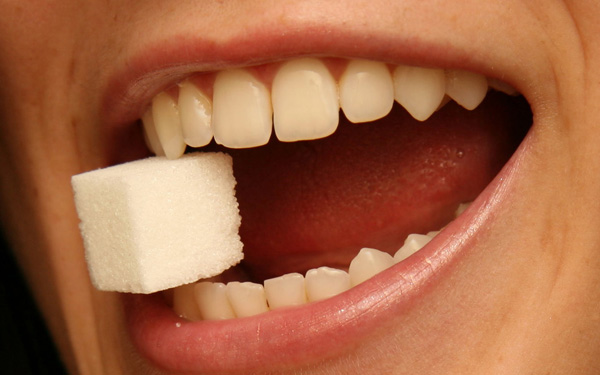Diabetes mellitus is the most common endocrine disease and is characterized by complications that develop over time and affects the eyes, kidneys, nerves and blood vessels.
Can I have diabetes?
Suspicion of this classic diabetes is the presence of three major signs: excessive thirst, excessive urination, increased appetite.
These symptoms may occur suddenly in patients younger than 40 years, usually not obese, may be accompanied by the appearance of weight loss or ketoacidosis during an illness or after surgery (these patients had diabetes mellitus, dependent or non-insulin-dependent autoimmune mechanisms).
In contrast to this category of patients symptoms appear gradually in the second half of life or the diagnosis is made on an asymptomatic person who is diagnosed with high blood sugar at a fortuitous laboratory examination (these patients had non-insulin-dependent diabetes without proper autoimmune mechanism).
Terms of insulin-dependent, non-insulin-dependent that describe the two states: prone to develop ketosis and ketoacidosis resistant types.
What are the criteria for diagnosing diabetes?
– Plasma glucose concentrations after overnight fasting> 140mg/dl (7.8mmol/l) for at least two separate statements.
– Plasma glucose concentrations after ingestion of 75 g glucose> 200mg/dl (11.1 mmol/l) in 2 hours and at least one in two hours of test time (at least two values are needed to establish the diagnosis).
We can highlight the existence of three major forms of primary diabetes (for which there was an associated disease to determine the development of diabetes):
– Diabetes type immune insulin-dependent (also called type 1 IDDM)
– Diabetes type immune-called non-insulin dependent type 1 and NIDDM (type 1 intermediate stage of IDDM in which there is a reduced capacity to produce insulin, which prevents ketoacidosis coma but can not maintain a normal blood glucose)
– Non-immune Diabetes non-insulin dependent type (called type 2 NIDDM).
Also there are secondary forms of diabetes (no pathological conditions that promote or cause diabetes)
– Pancreatic disease
– Hormonal disorders
– Induced by drugs and chemicals
– Abnormalities of insulin receptors
– Genetic syndromes
– Other causes

